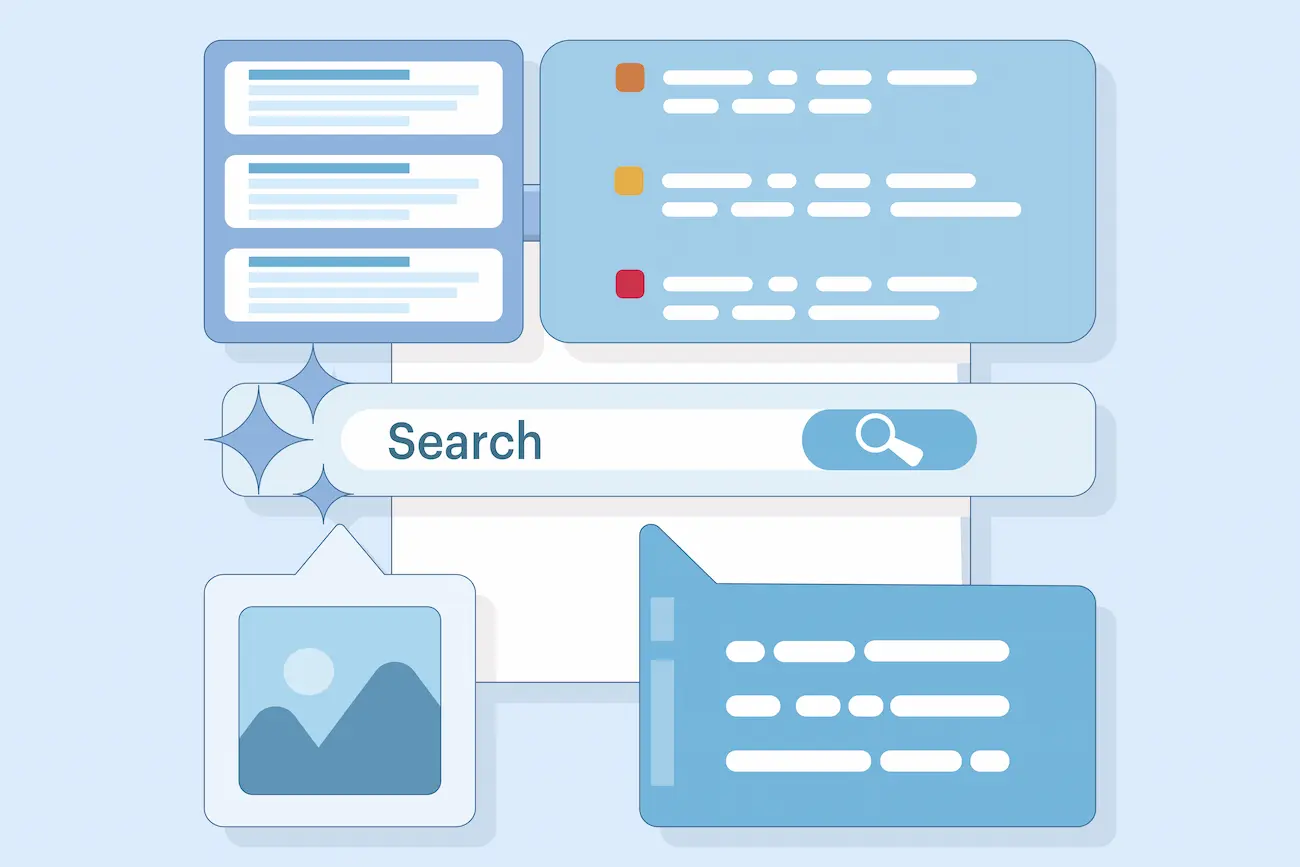
You know we love some PPC marketing here at PBJ Marketing, and we've talked a fair bit about Google Ads in the past. We realized it was time to give a little extra love to Ads' stepsister: Microsoft (Bing) Ads. While Google As is the rock star of the PPC world, Microsoft (Bing) Ads have been slowly yet steadily becoming more relevant and full-featured and are now a true contender for your SEM dollars. If you can believe it, Microsoft Ads may even be a better fit for your organization, depending on your particular brand and needs. From user experience to results, we'll roll down the similarities and differences between these two heavyweights in the paid search world.
Share of Market
The reality is that Google simply dominates the share of the market for search, holding a 74.57% average throughout 2017. That statistic alone means it makes sense to spend more money on Google Ads, right?!? Maybe, but Bing is holding steady and even growing a bit with Gizmodo even claiming that Microsoft's Bing search share is "wildly underestimated" and may be as high as 33% in the U.S. alone. This stat may feel pretty high but consider the fact that every Windows computer that is shipped comes standard with Bing pre-loaded as the browser of choice. Bing may not be a hot property for the tech elite, but for people who are just looking for a way to search the web, it's available and easy to use so they may not look any further or research ways to download a different browser. Plus, Bing also services Yahoo, AOL, Siri and other partner-owned sites, returning search results for a broad spectrum of individuals that are generally considered to be the valuable older adult market. The claimed 33 billion searches from Microsoft is a good enough reason to give Microsoft Ads a try . . . and we haven't even talked about the overall ROI or cost-per-click yet.
Cost-per-click and Cost-per-action
A recent test detailed on SearchEngineWatch.com breaks down the differences in great detail. When a Google Ads account was performing well, leveraging those same ads over to the Bing network resulted in slightly higher placements. However, the astonishing finding was that the cost-per-action and conversion rates were over 62% higher on Bing. While volume was much lower on the less-traveled platform, the cost differential was significant enough to consider Bing the winner in that particular bout. However, this is not often the case and Google is generally considered to be the better alternative for most PPC campaigns. What's important to consider here is that both search engines bring something to the table, and Bing truly will outperform Google in some cases.
Audience Breakdown
Microsoft claims that searchers spend 19% more time on Bing than the average internet user, and that are the highly-coveted desktop searchers, too. There are an estimated 6.5 billion searches performed on Bing every day, with top categories including:
- School research
- Shopping inspiration
- Financial assistance
- Driving directions
- Flight deals
- Translation technology and more
These are individuals who would not be reached if you ran a Google Ads PPC campaign alone. Plus, nearly 30% of the Bing audience has an annual household income of over $100,000 -- making them a critical audience to reach if you're looking to make a sale. Here are a few market segments that are thought to be particularly well-suited to using Microsoft Ads more aggressively than Google Ads:
- Travel: With a nearly 28% cheaper CPC than Google in this segment, you're reaching an audience 20% more likely to travel the world than other searchers.
- Technology: Google tech ads can be quite expensive, making Bing a safe bet for this segment where you'll reach people who are 49% more likely to spend over $7,500 on consumer electronics in the last six months.
- Healthy/Outdoors: Bing searchers boast a taste for the outdoors, with 21% spending more than $500 in organic foods in the past month. You'll also find 25 million people searching for healthcare questions -- few if any of whom are reached on Google's advertising network.




